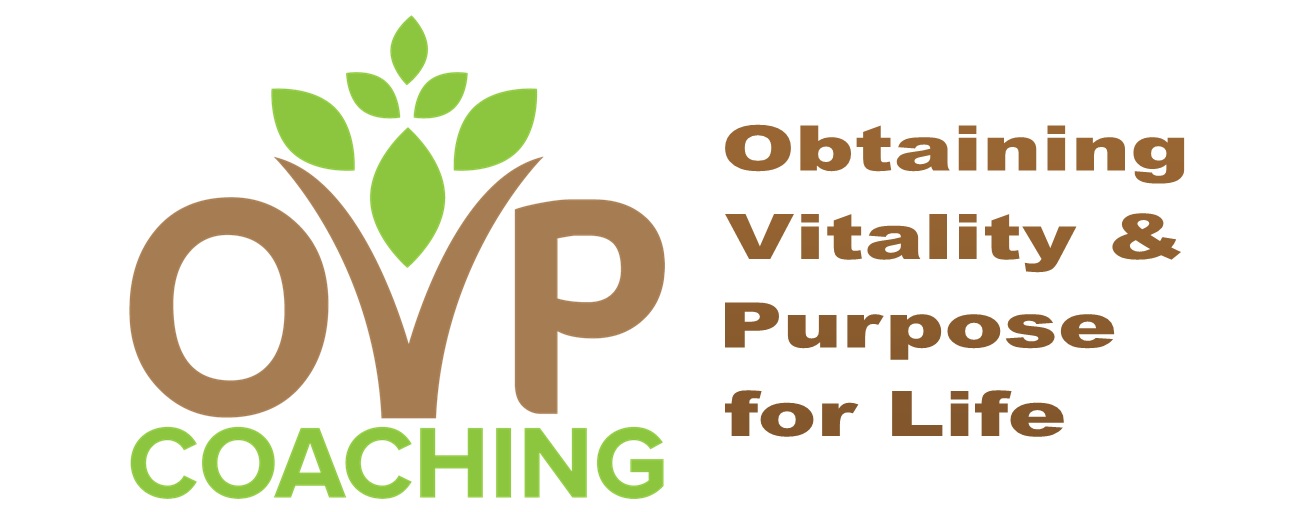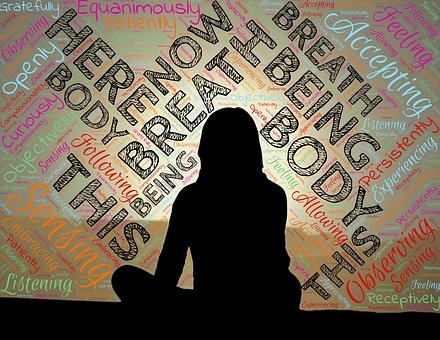We are hearing more and more about mindfulness these days but what exactly is it and how can it help us, if at all?
Mindfulness is the ability to be fully present, aware of where we are and what we’re doing, without being overly reactive or overwhelmed by what’s going on around us.
We all naturally possess the ability to be mindful but its whether we choose to practice it or not. The great thing about it is that there are no barriers to it, anyone can practice mindfulness. It doesn’t matter how old you are, what your beliefs are or physical capabilities.
Research shows that when you train your brain to be more mindful, you’re remodelling the physical structure of the brain. Being mindful helps puts some space between ourselves, our reactions and breaks down our conditioned responses.
Mindfulness is available to us in many ways including meditation, breathing exercises, body scans, mindful movement, yoga etc but for now; let’s just concentrate on one as a starting point:
Meditation can be done in many different ways and therefore can be adapted to where you are at any given time. A simple meditation practice can be focusing on the breath. This can be done on the way to work on the train for example, during your lunch break or as you’re settling down for bed in the evening.
Throughout the practice if you find yourself losing focus and getting caught up in thoughts, emotions and sounds simply bring your attention back to your next breath.
Make sure you are sitting comfortably or find a spot that gives you stability to lean against or sit on. Notice what your legs are doing. You may want to cross them if sat on a cushion or just place them in front of you, whatever’s comfortable for you.
Straighten your upper body, but don’t stiffen up. Notice what your arms are doing and place them where they feel most natural to you. Soften your gaze. Drop your chin slightly and let your gaze fall gently downwards or you may simply want to close your eyes.
Notice your breath. Bring your attention to the feeling of taking a deep breath in and releasing. Feel the sensation of your chest and belly rising and falling. Try and keep your focus here for as long as possible.
The mind WILL wonder. When this occurs take note where your wondering mind went and gently bring your attention back to the breath. Its normal for the mind to wonder. Meditation is all about observing the thoughts without reacting rather than trying to block them altogether.
When you’re ready, lift your gaze or open your eyes. Notice your environment, the sounds and colours. Notice your body and how it feels. Notice your thoughts and emotions.
The Benefits
Of course there are a number of benefits to meditation but here are 5 science-backed reasons to meditate on a regular basis:
- Lowers Stress – without a shadow of doubt we are aware that excess stress causing many illnesses. Practicing mindfulness decrease the stress levels.
- Connect Better – if you have been guilty of finding yourself staring blankly at a loved one lately having no idea what they’re talking about then mindfulness helps you give them your full attention.
- Focus Your Mind – if your mind keeps deviating from the task at hand, meditation can help hone our ability to focus better.
- Reduce Brain Chatter – that voice in our head is constantly at it! Meditation helps control the chatter especially negative natter.
- Understand Your Pain – pain is a fact of life, mental or physical. Mindfulness can help manage your relationship with pain.
There is no wrong way to practice medication. It can be done solo, with friends, family or a group in a meditation class. Just a little practice every day, even for two minutes, can go a long way!












